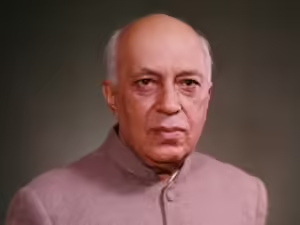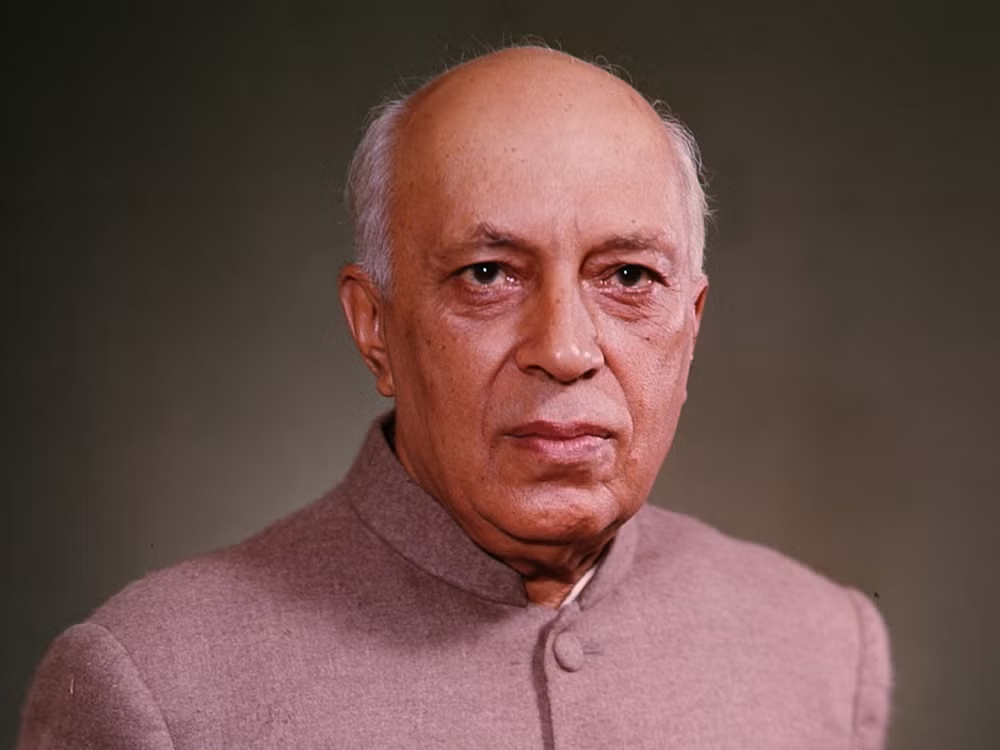Jawaharlal Nehru biography, Early Life, age and career
Jawaharlal Nehru, fondly remembered as “Chacha Nehru” by Indian children, was born on November 14, 1889, in Allahabad, India (now known as Prayagraj). He was born into a prosperous and politically active family. His father, Motilal Nehru, was a successful lawyer and an influential figure in India’s freedom movement. Nehru’s mother, Swarup Rani Nehru, belonged to a Kashmiri Brahmin family.
Nehru’s early education took place under private tutors at home. At the age of 15, he went to England, where he attended Harrow School and later joined Trinity College, Cambridge, to study natural sciences. He completed his degree in 1910 and subsequently pursued law at Inner Temple in London. This foundation laid the groundwork for his keen intellect and passion for India’s freedom.
Jawaharlal Nehru Age
Jawaharlal Nehru was born in 1889 and passed away on May 27, 1964, at the age of 74. His life spanned a dynamic period in India’s history, encompassing colonial rule, the struggle for independence, and the early years of a newly independent India.
Jawaharlal Nehru Career
Nehru’s career as a freedom fighter began upon his return to India in 1912. He joined the Indian National Congress (INC) and was profoundly influenced by Mahatma Gandhi’s philosophy of non-violence and civil disobedience. Nehru played a crucial role in significant movements, including the Non-Cooperation Movement (1920) and the Civil Disobedience Movement (1930).
In 1947, India achieved independence, and Nehru became the nation’s first Prime Minister. His tenure lasted until 1964, making him one of the longest-serving leaders in Indian history. During his leadership, Nehru advocated for secularism, socialism, and modernization, prioritizing industrialization and science-based development to propel India forward.
Jawaharlal Nehru Achievements
Nehru’s contributions to India were monumental. He established India’s foreign policy, known as the Non-Aligned Movement (NAM), positioning India as a neutral force during the Cold War. His economic policies emphasized self-reliance and encouraged public sector undertakings. Nehru also played a pivotal role in setting up prestigious institutions like the Indian Institutes of Technology (IITs) and the Indian Institutes of Management (IIMs), fostering scientific and managerial education in India.
In his tenure, Nehru emphasized building a strong democratic foundation for the country, introducing policies that focused on social justice, land reform, and equal rights. His legacy remains influential, shaping India’s political and economic landscape.
What were Jawaharlal Nehru’s main contributions to India?
Nehru’s primary contributions include guiding India to become a secular, democratic nation, establishing the Non-Aligned Movement, and promoting industrial and educational development. His policies helped lay the foundation for India’s growth in science and technology.
How did Jawaharlal Nehru’s background influence his political ideals?
Coming from a privileged, politically engaged family and studying in England, Nehru was exposed to Western philosophies and political ideas. His experiences in England and exposure to colonial discrimination shaped his commitment to independence and equality.
Who was Jawaharlal Nehru’s wife, and did they have children?
Nehru married Kamala Kaul in 1916. They had one child, Indira Gandhi, who later became India’s Prime Minister and one of the most influential leaders in Indian history.
Why is November 14 celebrated as Children’s Day in India?
Nehru had a deep affection for children, who fondly called him “Chacha Nehru.” To honor his love for children, his birthdate, November 14, is celebrated as Children’s Day across India.
What books did Jawaharlal Nehru write?
Nehru was a gifted writer and penned several significant works, including “The Discovery of India”, “Glimpses of World History”, and “An Autobiography”. These writings reflect his vision for India and his insights into history and world affairs.



